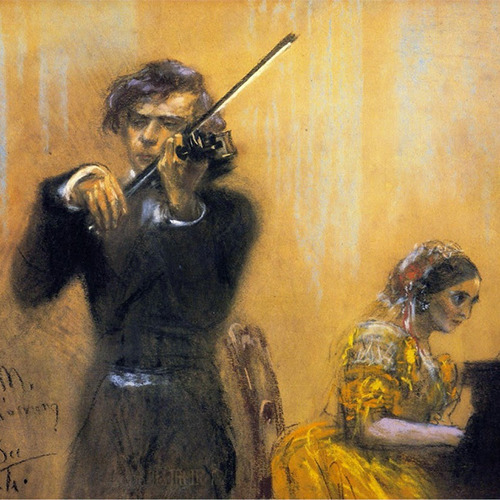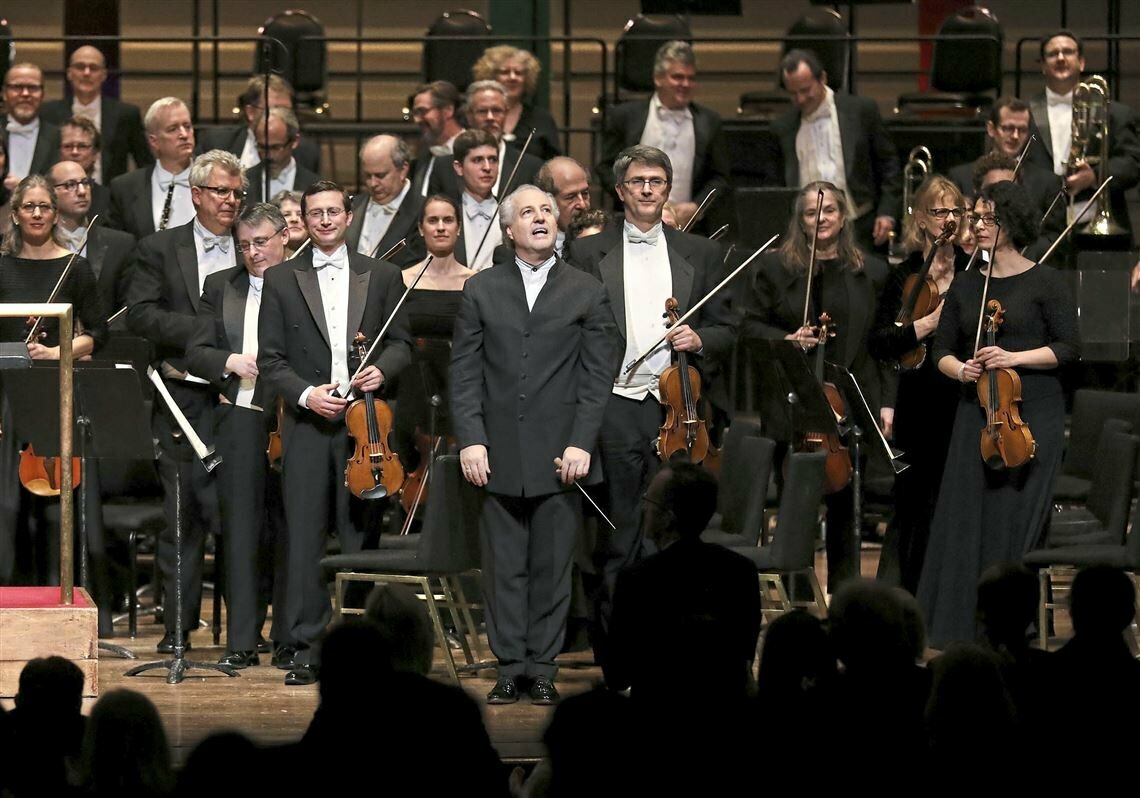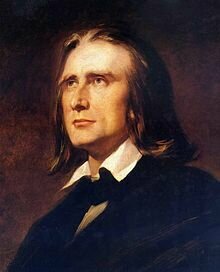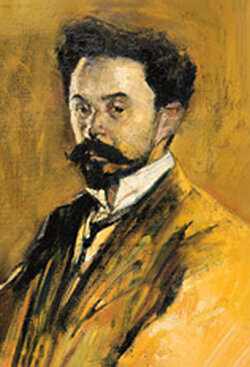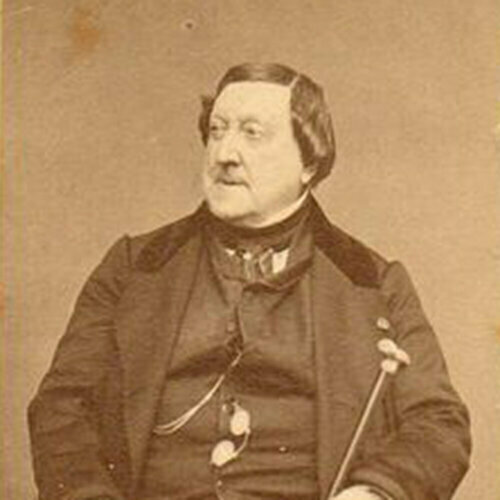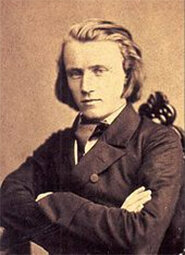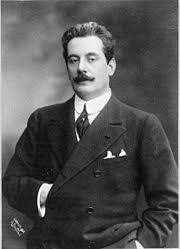“perhaps the most impassioned music I have ever written.”Robert Schumann writing to Clara Wieck, March 1838 Never one for disguising his emotions, Robert Schumann wore his heart on his sleeve and his music reflects his joy at being alive –
Articles
Music has the power to tug at the heartstrings, and evoking emotion is the main purpose of music – whether it’s joy or sadness, excitement or meditation. A certain melody or line of a song, a falling phrase, the delayed
Anyone in the field of the performing arts knows that first impressions are important. After all, as soon as performers walk onstage, even before the performance begins, audiences are bound to form some opinion on how likeable they are. Dancers
Franz Liszt’s flamboyant personality and colorful pianistic mannerisms frequently detract from the fact that he was a highly gifted composer. What’s more, he was instrumental in establishing the intellectual foundations for a musical form that derives its movement and its
The music of Alexander Scriabin inhabits a distinctive, personal soundworld which is hard to define. It is the music of excess, ecstasy, tumult and passion. It is excessive, overripe, decadent, heavily perfumed, sensuous and frenzied, lacking in structure and sometimes
The premiere of Gioachino Rossini’s opera buffa The Barber of Seville on 20 February 1816 at the Teatro Argentina in Rome was a verifiable disaster! It probably had very little to do with how the music was performed that evening.
For Johannes Brahms, the composition and performance of the German Requiem was a highly personal undertaking. Brahms had been highly distressed by the breakup of his parents. Tension over money, exacerbated by the great difference in age—his mother was 17
When the original two-act version of Madama Butterfly premiered in Milan on 17 February 1904, the audience was not impressed. Puccini had struggled to complete the score, and there simply wasn’t enough time for proper rehearsals. Despite notable singers Rosina

